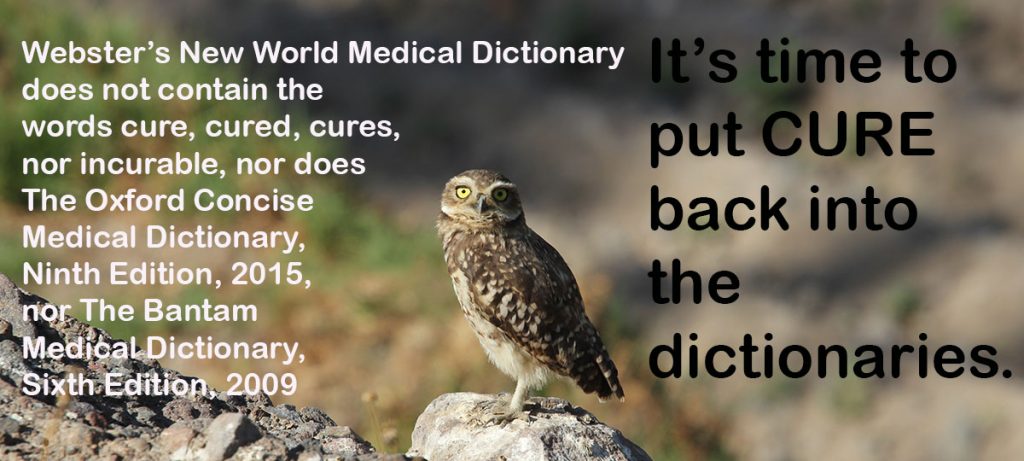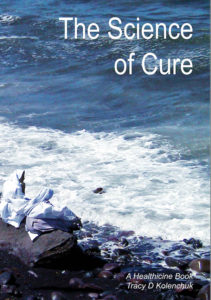 Much of today’s medical practice ignores the concept of cure, has no clear definition of cure, no understanding of cure for most illnesses. In healthicine, we recognize that cure is critical to health improvement and maintenance. What is cure? Before we can understand the concept of cure, we must first consider the concept of illness.
Much of today’s medical practice ignores the concept of cure, has no clear definition of cure, no understanding of cure for most illnesses. In healthicine, we recognize that cure is critical to health improvement and maintenance. What is cure? Before we can understand the concept of cure, we must first consider the concept of illness.
The differences between illness and disease are complex, important, and clear. An illness is what the patient has – it is specific to a patient. A disease is what the doctor diagnoses to guide treatment. But the definition of disease is weak, and often cannot be used to find a cure. This table highlights some important differences between an illness and a disease:
Illness |
Disease |
| An illness is what the patient has before, during, and after the diagnosis, until it is cured. | A disease is what a doctor diagnoses. Some illnesses cannot be diagnosed as a disease. |
| Each illness is a specific case, in a specific individual. | A disease name is given to a class of illnesses, generally with similar symptoms. |
| An elemental illness has a single cause or linked chain of causes. | Many diseases can be diagnosed without reference to cause. |
| A complex illness is made up of elemental illnesses. | There is no medical nor scientific distinction between a simple and a complex disease. |
| An injury, handicap or disability is not an illness, although it can be a cause or the consequence of illness. | Disease names include illnesses, disabilities and even, in some cases, medical tests. |
| A chronic illness has a chronic cause or a chronic chain of causes. | A chronic disease persists over an extended period of time. |
| A cure is an action that successfully addresses the cause of an illness and stops its progression. | In medicine, cure is not scientifically or medically defined except for diseases caused by parasites. |
| Every elemental illness can be cured by addressing the cause. | Most disease treatments address symptoms with few cure attempts. |
| A complex illness can be cured, one elemental illness at a time. | Complex diseases treatments only address symptoms. Causes are seldom identified nor addressed. |
| Every cure of an illness is a single case, an anecdote. | Anecdotal cures of disease are generally considered unimportant and unreliable. |
The only way to cure a disease is to treat it as an illness – and address the cause, or to treat it as a complex illness, a collection of illnesses, and address each cause in sequence.
Treating symptoms of a disease does not address any cause, and if the cause is not addressed by other actions or the health of the patient – the disease becomes chronic, and the patient can become dependent on a medicine which never cures with cumulative side effects over time..
“Health is whole. An illness is a hole in the health of the patient.” – The Healthicine Creed.
Addressing the cause of an illness improves the health of the patient, fills in the hole in the health of the patient, and leads to a cure. In most cases, the cure is not a medicine, it is a healthicine, a healthy action.
There is a simple process that can be used to cure any illness, by answering the question: Is your Disease curable, or incurable?
to your health, tracy


